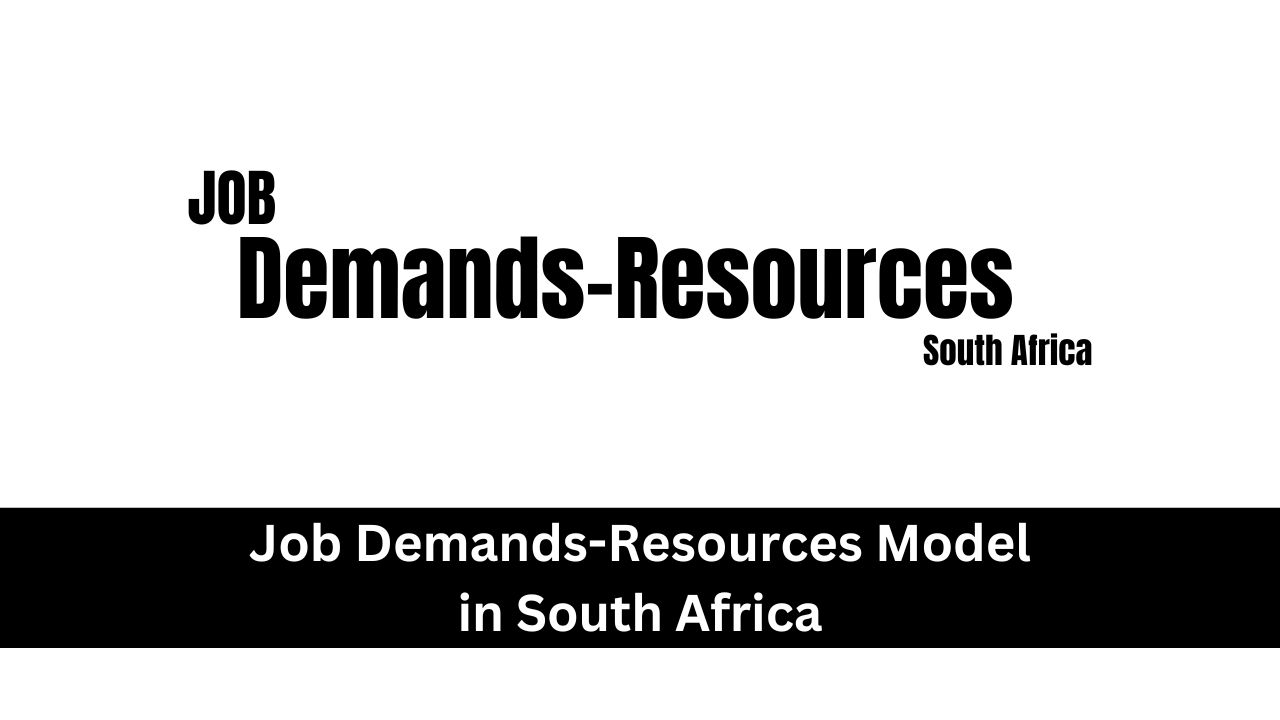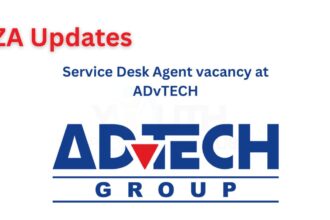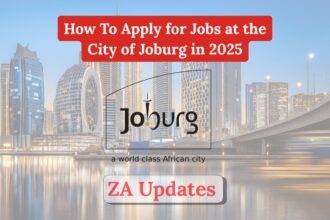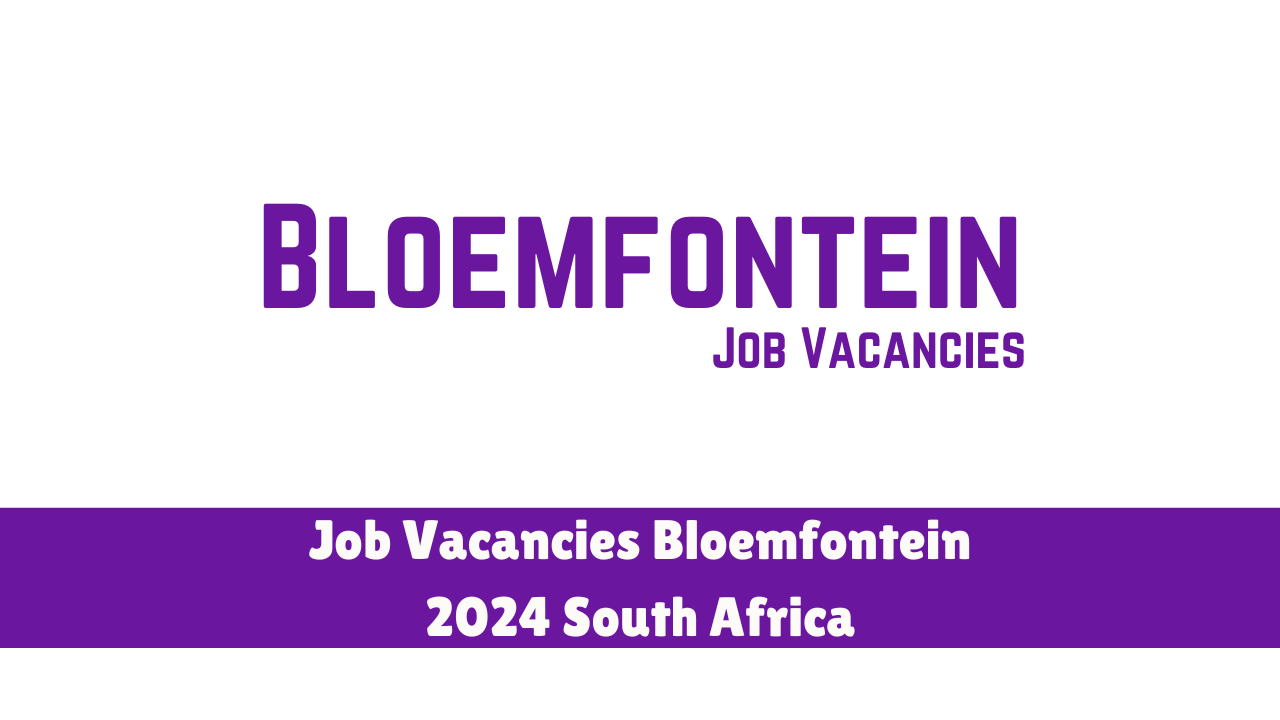Job Demands Resources Model South Africa. The Job Demands-Resources (JD-R) Model is an influential framework in occupational health and organizational psychology, providing insights into the factors that affect employee well-being, motivation, and productivity. Developed by Arnold Bakker and Evangelia Demerouti in 2006, the JD-R model divides working conditions into two main categories: job demands and job resources.
This model helps to explain how the balance (or imbalance) between these categories influences employee engagement, burnout, and organizational commitment. In South Africa, the JD-R model has been applied across various sectors, revealing unique insights into the working conditions and challenges faced by South African professionals.
Components of the JD-R Model
The JD-R model identifies job demands as aspects of the job that require sustained physical or psychological effort and may lead to strain or burnout. Conversely, job resources are aspects of the job that help achieve work goals, reduce job demands, and promote growth, development, and engagement.
1. Job Demands
Job demands encompass the physical, mental, emotional, and organizational requirements of a job. These can include:
- Work Overload: High workload or excessive responsibilities.
- Time Pressure: Tight deadlines and a need for quick decision-making.
- Emotional Demands: Dealing with complex interpersonal relationships or emotionally charged situations.
- Role Conflict: Unclear roles or conflicting job responsibilities.
- Physical Demands: Physical labor, long working hours, or exposure to hazardous conditions.
When job demands are high and persistent, they can lead to stress and burnout, a common health issue impacting employees’ productivity and overall well-being.
2. Job Resources
Job resources refer to aspects that support employees in fulfilling their roles effectively. These resources not only help manage job demands but also foster personal and professional growth, increasing employee satisfaction and engagement. Key job resources include:
- Colleague and Supervisor Support: Emotional and practical assistance from peers and supervisors.
- Growth Opportunities: Access to training, career development programs, and skill-building opportunities.
- Role Clarity: Clear expectations and understanding of job responsibilities.
- Communication: Effective and transparent communication channels within the organization.
- Feedback and Recognition: Acknowledgment of achievements and constructive feedback on performance.
Effects of Job Demands and Resources on Employee Well-being
The JD-R model highlights two fundamental processes impacting employee well-being:
- Health Impairment Process: When job demands are high and job resources are low, employees are more susceptible to burnout and physical health issues, which can lead to higher turnover, absenteeism, and lower productivity.
- Motivational Process: When job resources are abundant, they enhance motivation and engagement, reducing the negative effects of high job demands. Engaged employees are more likely to demonstrate organizational commitment, job satisfaction, and high performance.
Applying the JD-R Model in South Africa: Insights from Various Sectors
In South Africa, the JD-R model has been applied in various sectors to understand the distinct challenges faced by employees and to develop strategies for improving workplace well-being.
Judiciary Sector
The JD-R model has been used to explore the working conditions of judges in South Africa, who face unique job demands. According to a study, judges in the country often encounter:
- Budgetary Constraints: Limited resources, impacting their ability to access essential materials and resources.
- Long Procurement Processes: Delays in obtaining necessary documents and materials due to administrative red tape.
- Red Tape and Bureaucracy: Excessive paperwork and procedures hinder their productivity and add stress.
- Gender-related Challenges: Female judges, in particular, face additional demands, such as lack of understanding and accommodation of their specific needs.
The lack of sufficient job resources for judges in South Africa, such as adequate support systems, training, and organizational communication, intensifies the strain from these job demands, highlighting the need for institutional reforms to improve their working conditions.
Higher Education Sector
The JD-R model has also been applied to understand the engagement levels of academic staff in South African higher education institutions. Academic professionals face various job demands, including:
- Work Overload: Handling large class sizes, grading assignments, and managing research responsibilities.
- Time Constraints: Tight deadlines for research publications and grant submissions.
- Emotional Labor: Managing relationships with students and colleagues, often in challenging circumstances.
Despite these demands, job resources such as role clarity, career development opportunities, and collegial support can improve job satisfaction and engagement among academic staff. Institutions that invest in resources like mentorship programs, professional development opportunities, and effective communication networks tend to experience lower burnout rates and higher academic staff commitment.
Job Demands and Job Resources in South Africa
| Job Demands | Examples |
|---|---|
| Work Overload | High volume of tasks and responsibilities |
| Time Pressure | Short deadlines and high urgency |
| Emotional Demands | Handling difficult interactions |
| Role Conflict | Conflicting job responsibilities |
| Physical Demands | Long hours, physical labor, and hazardous conditions |
| Job Resources | Examples |
|---|---|
| Colleague and Supervisor Support | Emotional and practical assistance |
| Growth Opportunities | Training and career development |
| Role Clarity | Clear job expectations and responsibilities |
| Communication | Open and transparent communication channels |
| Feedback and Recognition | Constructive feedback and acknowledgment |
Practical Implications of the JD-R Model for South African Employers
The JD-R model offers valuable insights for South African employers, suggesting ways to enhance employee well-being and productivity:
- Assessing Job Demands and Resources: Regular assessments of job demands and resources help identify areas where employees may be experiencing burnout or disengagement. Tools like surveys and feedback sessions can offer a comprehensive understanding of workplace dynamics.
- Investing in Employee Resources: By offering growth opportunities, clear communication, and robust support systems, employers can reduce the negative impact of job demands. For instance, professional development initiatives and mental health support can help employees manage stress and enhance motivation.
- Customizing Interventions by Sector: Different sectors in South Africa have unique job demands and resources. For example, the judicial sector may require reforms to reduce red tape and enhance budget flexibility, while academic institutions could benefit from increased support for research funding and time management resources.
Benefits of the JD-R Model for South African Organizations
Applying the JD-R model can benefit South African organizations in various ways:
- Enhanced Employee Engagement: With the right balance of job demands and resources, employees are more engaged and committed to their roles, reducing turnover rates and absenteeism.
- Improved Health and Well-being: Reducing excessive demands and increasing access to job resources can help prevent burnout and enhance employees’ mental and physical well-being.
- Higher Organizational Performance: Engaged and healthy employees are more productive, contributing to overall organizational success.
- Informed Decision-making: By understanding the specific demands and resources of different roles, organizations can make more informed decisions about resource allocation and policy development.
Conclusion
The Job Demands-Resources Model provides a comprehensive framework for understanding the factors influencing employee well-being and organizational commitment. In South Africa, applying this model can help address workplace challenges unique to the country’s diverse sectors, including the judiciary and higher education institutions.
By investing in resources like support systems, growth opportunities, and effective communication, South African employers can enhance employee engagement and productivity, creating healthier work environments that drive organizational success.










